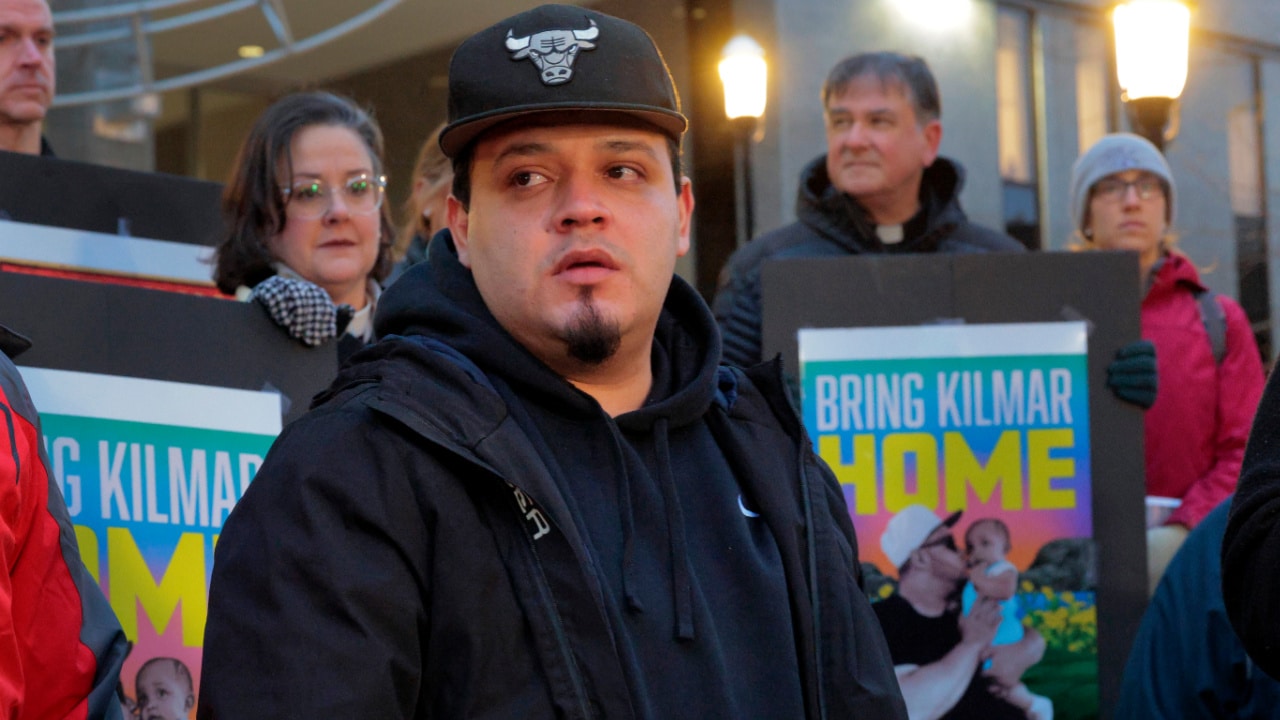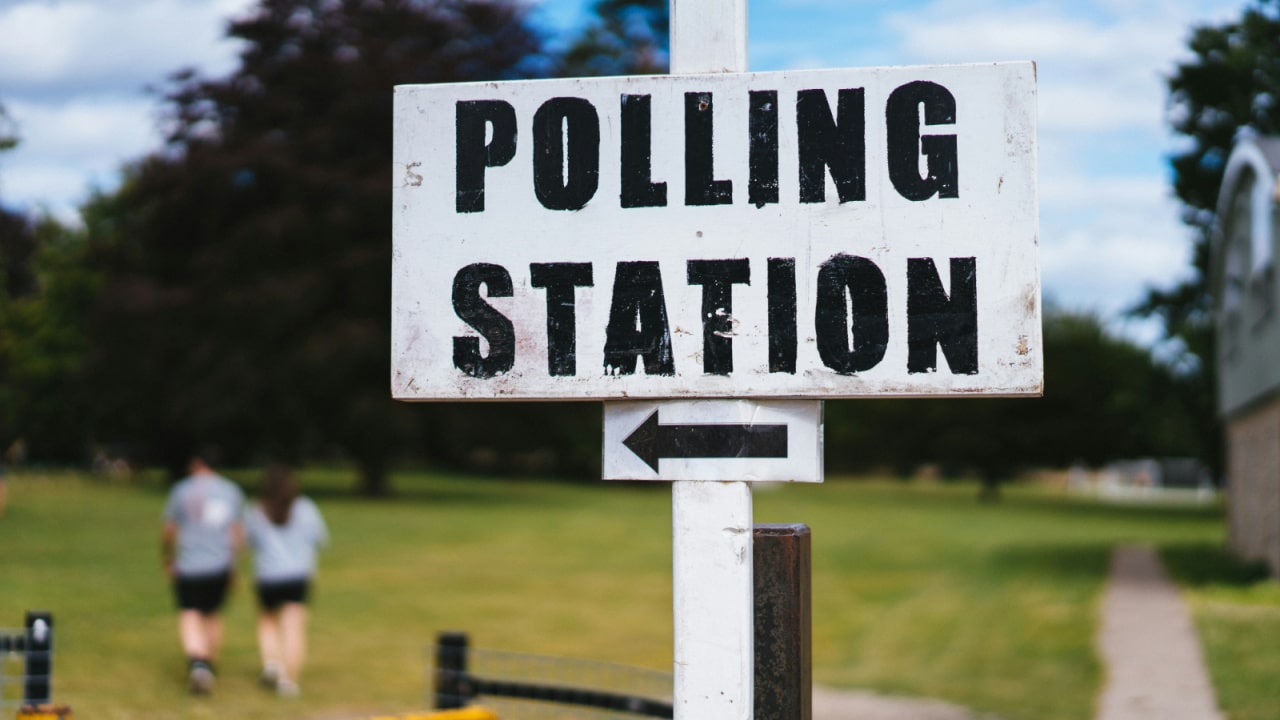Puerto Ricans Will Soon Vote on Their Territorial Status
Until recently, there have been opposing bills in Congress on how to handle Puerto Rico’s status: statehood or sovereignty?
Now, members of Congress have agreed to combine the bills in a new draft of the Puerto Rico Status Act that will allow the people of Puerto Rico to decide for themselves, thanks to the efforts of House Majority Leader Rep. Steny Hoyer, D-Md.
“Puerto Rican people do not want to be a colony, and the United States of America does not want to be a colonialist power. This legislation seeks to address that issue,” Hoyer said in reference to the legislation that would determine whether Puerto Rico becomes a U.S. state, gains their independence or becomes a sovereign state in free association.
The legislation takes a pro-statehood bill first introduced by Rep. Darren Soto, D-Fla., and Rep. Jenniffer González-Colón, the U.S. House resident commissioner, a non-voting representative from Puerto Rico affiliated with the Republican Party. The bill is combined with the Puerto Rico Self-Determination Act, first introduced by Reps. Alexandria Ocasio-Cortez and Nydia Velázquez, both D-N.Y.
“This makes today a truly historic day for Puerto Rico’s future,” González-Colón said. “It’s not perfect. It’s not all that Nydia wanted, it’s not all I wanted… but at least, we need to recognize there is a will from the members that are here to get things done.”
According to an article in NBC News:
“Some of the key compromise elements reached by lawmakers are defining nonterritorial statuses as statehood, independence and sovereignty in free association, and laying out how each would be potentially implemented. ‘This is the first time Congress recognizes free association as a status option, where the American citizenship of Puerto Ricans will be respected,’ Velázquez said.”
Ocasio-Cortez, who called the combination of bills “un milagro,” also said, “This is not a political agreement on what the outcome should be, but it is a political agreement on the process.”
Perhaps the most exciting development in the Puerto Rico Status Act is the absence of any option to continue being a U.S. territory. As a territory of the United States, Puerto Rico is treated as “foreign for domestic purposes and a state for international purposes,” per the outlet.
Basically, this means that Puerto Ricans can be drafted to serve in the U.S. military but can’t vote in U.S. elections. They can elect representatives in Congress, but those representatives don’t have any voting power. Puerto Rico is simultaneously part of and apart from the United States in almost every way.
The disheartening reasons behind it lie behind a series of outdated and racist Supreme Court decisions known as the Insular Cases. “This colonized relationship with Puerto Rico needs to end,” said Rep. Raúl Grijalva, D-Ariz., who heads a committee that administers U.S. territories’ affairs.
By November 2023, Puerto Rico will have — if all goes smoothly — determined its own future. Whether it be statehood, free association or total independence, Puerto Rico will no longer be a territory of the United States. “The status question is bigger than all of us here today and bigger than any political motivations. The status question has affected Puerto Ricans for centuries,” Velázquez said.




